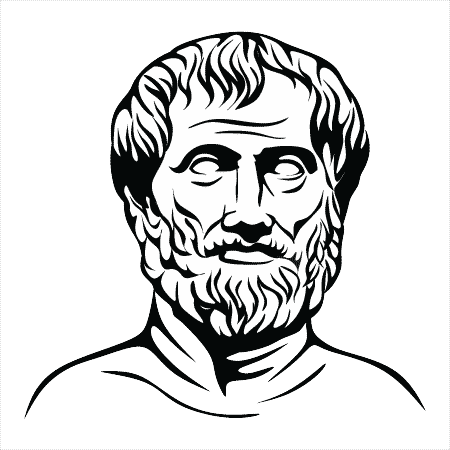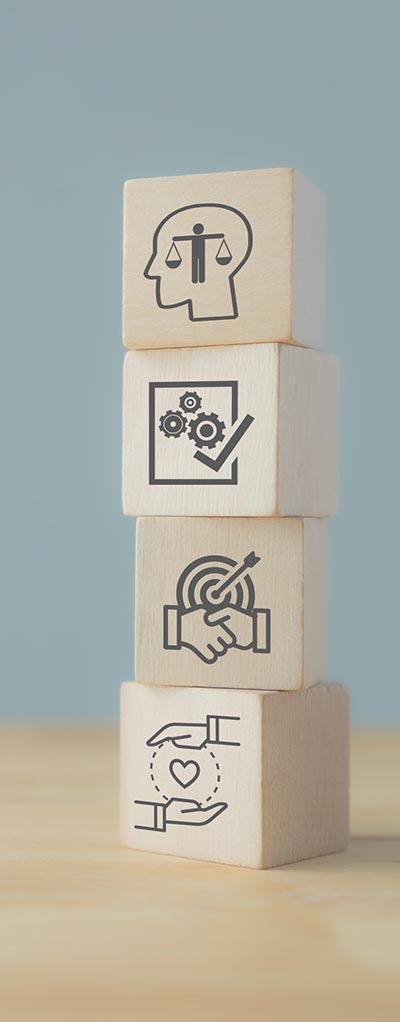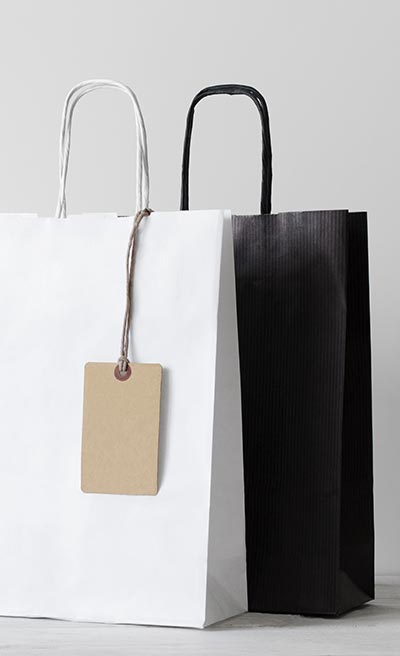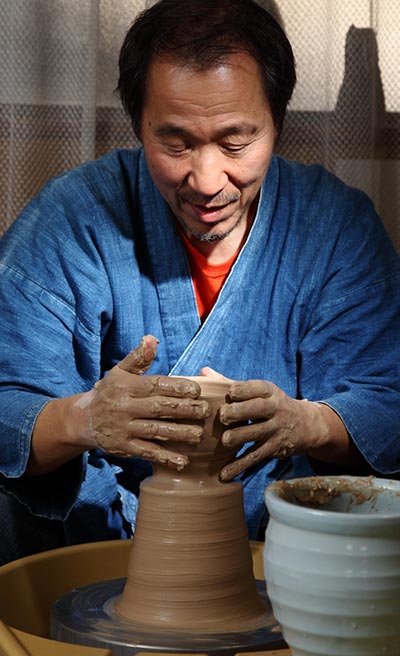
Be a Changemaker
What is ethical consumption?
With the air of climate crisis looming above our heads, more and more of us are paying attention to the way we buy stuff and use stuff. Entering into this new era, we describe this new movement with terms like “responsible shopping” and “ethical consumption.”
But what does “ethical consumption” really mean? It’s one of those terms that we catch ourselves thinking, “I know what it means, but I don’t really know how to describe it.” Seemingly simple, but tricky!

RIGHT? WRONG?
What “ethical” means in terms of sustainability
Similar to the philosophical thought experiment of the Trolley Problem, there are multiple ways to think about it. However, there is a general consensus on what ethical consumption is: consuming products and services that are not detrimental to society or the environment.
Therefore, examples of “good consumption” could be staying at zero waste hotels that minimize negative impacts, or switching to vegan meals to reduce one’s carbon footprint on the planet.
Conversely, “bad consumption” could be drinking coffee from and discarding single-use plastic cups every day, or purchasing from brands that have immoral standards.
Unfortunately, our discussion on what is ethical is not done yet.
Why care about explaining what “ethical consumption” is?
Words are powerful as unifying symbols for action, but only if they are well understood. We saw the same difficulty with the term “climate change.” The threat was real, appearing in scientific papers as early as in the 1950s. But treated as a scientific term, its threat was not properly communicated: “What’s special about the weather changing?” It was further muddled by malicious lobbying against environmental policies and capitalism that distracted from the real issues in the pursuit of unlimited profits.
And “ethical consumption” carries the same difficulty. If we are not able to understand or agree on the definition, it’s going to be hard to unify everyone to be ethical consumers. And as we will see, being ethical consumers bring us happiness too.
Beginning with ethics
So basically, it is the way of thinking about what is right and wrong. The infamous Trolley Problem is a thought experiment about morality in decision making. There is no “ultimate solution” because there are several ways to think about how one should act upon the problem.
50 shades of ethics
Ethical consumption is grey, not black or white
Take, for example, vegan meat. Proponents encourage us to eat vegan meat, and it’s great as a strategy against carbon dioxide emissions. But what if the vegan meat is packaged in excessive single-use plastic? Can we justify one benefit for the other? Should we go for the “lesser evil”?
In fact, even the strictly curated brands we feature on Zenbird are rarely 100% in sustainability. In reality, to consume is to have an impact, so 100% is difficult to achieve. Even Kamikatsu, Japan’s zero waste town in Tokushima Prefecture, achieved an 80% recycling rate because of technological barriers.
So, if we can’t say brands are absolutely ethical or absolutely unethical, there’s got to be a “line” where we can draw between ethical and greenwashing, right?
Sustainability & Eudaimonia
True ethical consumption is gold
In that light, we find that the Greek philosopher Aristotle gives us the clearest thinking to understand ethical consumption. When Aristotle talks about virtues, he talks about the golden mean, without resorting to extremes. It is the same for ethical consumption, neither 100% “black or white.”
Returning to our example of the plastic packaged vegan meat. It would be apathetic to say we do nothing to change our diet to minimise our carbon footprint. It would be fanaticism to insist on vegan meat packaged with zero plastic.
Aristotle suggests that between these two extremes lie a “golden mean.” This is the virtuous point of action, where ethical consumption can be defined. Perhaps we should partake in veganism as much as we can while minimising the amount of plastic used.
Be better than yesterday
Kaizen: continually improving towards the ideal
Kaizen means to continually make small improvements. A term made famous by Toyota, the spirit of Kaizen is best seen in Japanese artisans. Shuriha is a concept that artisans often hold, showing three stages of a professional’s life: start with learning and mastering, then going on to surpass your learning, and then creating your own skills and knowledge.
Shuriha shows us that instead of we should make improvements around us, before going to the next stage. There is no problem with going with the low-hanging fruits. We can all start with our own “golden means” of ethical consumption, then make improvements towards the ideal 100%. Will we ever reach 100%? Maybe not, but we are certain to make tomorrow a better one than today.
Choices lead to happiness
It also means that our golden means can be different. Take for example a family living in poverty. If buying meat is cheaper than vegan meat, their concern would instead be monetary, to sustain the family.
Some might argue that sustainability depends on a person’s capacity and ability for it. We also think that it is able to create options that even minorities can choose, that everyone are able to make choices best for their well-being. This perspective encourages us to create an inclusive society that truly ‘leaves no one behind.’
E-book
Interested in an ebook about sustainability?
We plan to compile changemaking actions into an ebook, so that anyone can download it and use it to be a change maker for a better world!
Register on our wait list, and we will email you when the ebook is ready.




